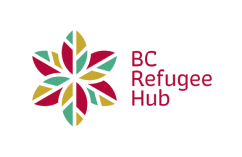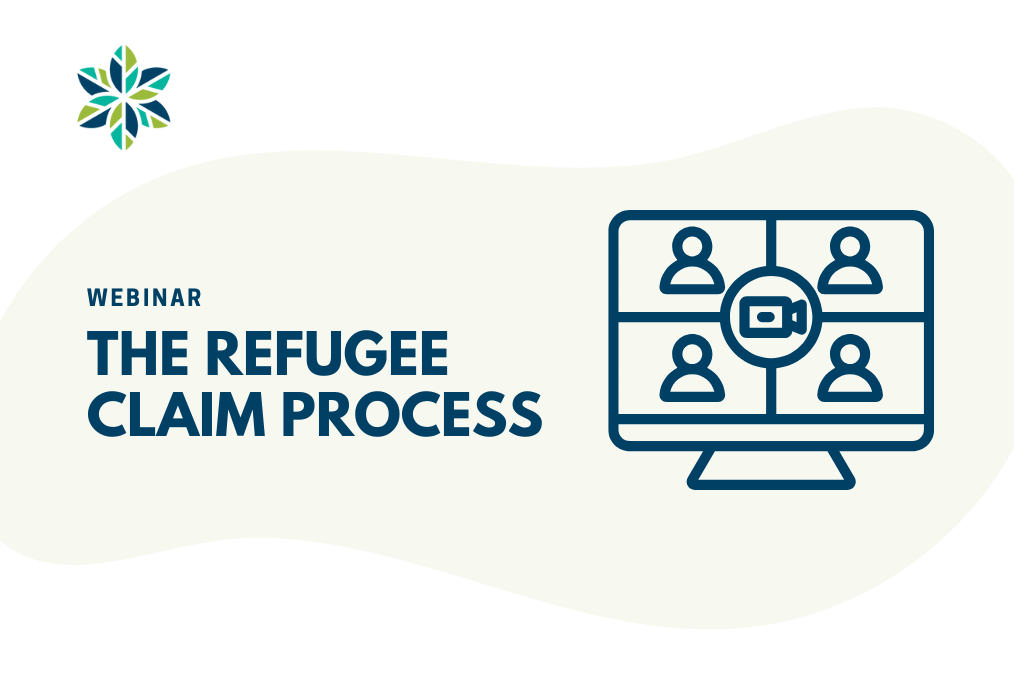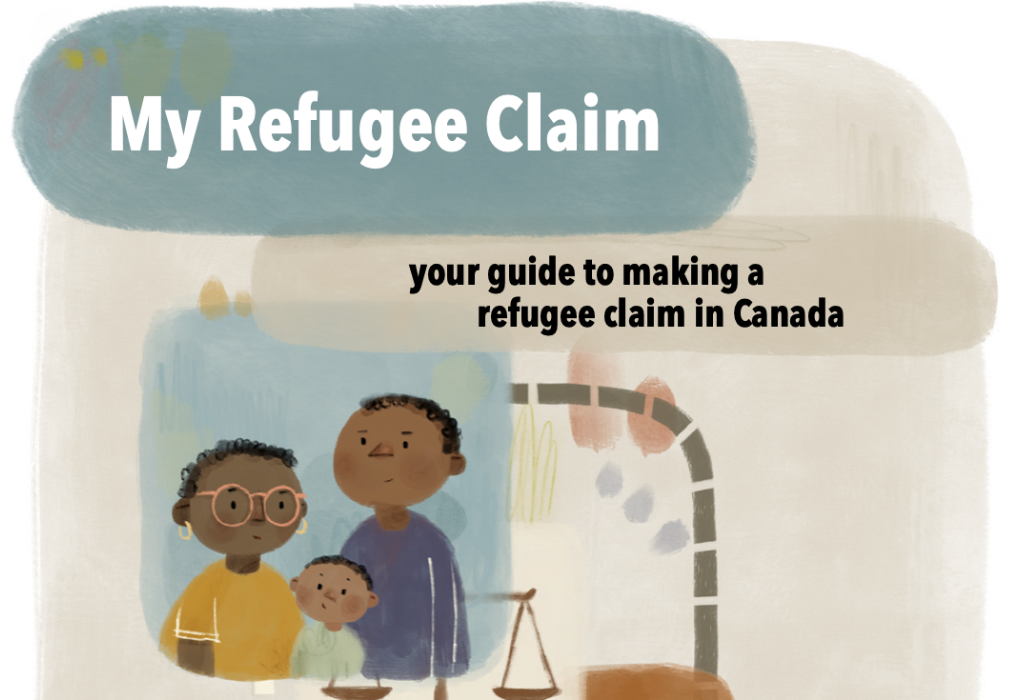What does an ethics of care mean for knowledge mobilization in migration contexts?

Remembering Refuge: Between Sanctuary and Solidarity – An Oral History
December 21, 2020
Pathways to Prosperity (P2P): Nominations for Innovative Settlement and Integration Practices
January 11, 2021What does an ethics of care mean for knowledge mobilization in migration contexts?
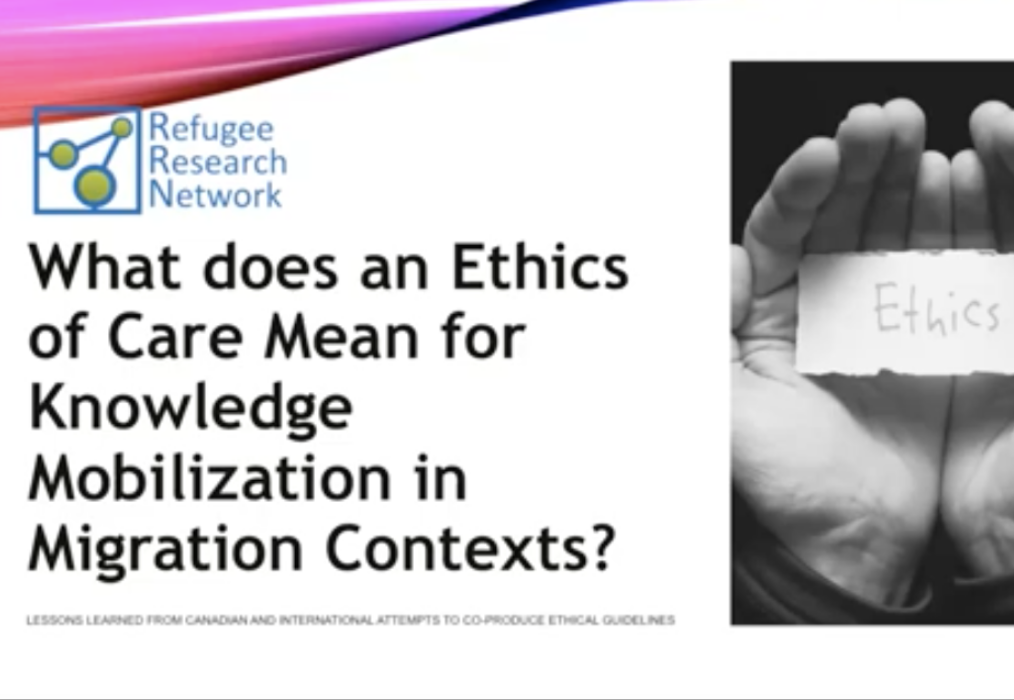
In this webinar, the Refugee Research Network (RRN) explored the ways in which an ethics of care can complement dominant procedural ethics approaches to research and knowledge mobilization in migration contexts.
Applying principles from care ethics, presenters discuss opportunities and challenges that arose when trying to co-produce ethics documents with partners within and outside academia with differing experiences of migration. Drawing on the Canadian Ethical Considerations: Research with People in Situations of Forced Migration, the International Association for Forced Migration Studies’ Code of Ethics, and participants’ own experiences, the webinar concludes with a discussion around two key questions:
- To what extent can an ethics of care be practically applied in knowledge mobilization around migration issues?
- What are the ethical opportunities and constraints of co-ownership and co-authorship in politicized migration contexts?
Presenter:
Christina Clark-Kazak is Associate Professor, School of Public and International Affairs, University of Ottawa, current President of the International Association for the Study of Forced Migration and immediate past Editor-in-chief of Refuge: Canada’s Journal on Refugees. She has previously worked for York University, Saint Paul University, the Canadian government and the Coalition to Stop the Use of Child Soldiers.
